Poetry always gets the shaft in book lists,* maybe because of the way we read it. Or at least the way I read it: A book calls to me from a shelf, I read some poems from it, and it lives on my bedside table for a couple of weeks. I read a poem from it before bedtime or at the breakfast table for a while, I put the back on the shelf. (At any given time, there are a handful of poetry books on the shelf I haven’t read.) Newer poems and poets I tend read online, or in journals.
Poetry is a different substance, physically, than fiction. I don’t have a sense of having completed a book of poetry in the way I do a novel. Rather, the poems are always burning, existing somewhere, even if I’m not looking at them. It’s harder to track this reading over time, poems come in and out as I need them. I’m easily overwhelmed by poetry if I try to read it systematically, which is why it’s hard for me to keep up with the many excellent books published every year.
That being said, here’s a selection of poetry books that spent time next to my bed. Without much commentary, but ordered by the ones that gave me what I needed most at the time:
Noose and Hook (University of Pittsburgh Press, 2010) by Lynn Emanuel
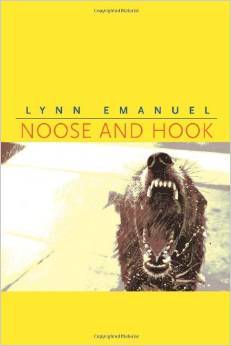
The poetry book I most needed this year. Sometimes poems open up for you and sometimes they remain closed. These were open for me. Here’s a good one.
Waterworn (Fly by Night Press, 1995) by Star Black.
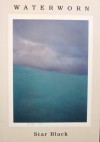
Phenomenal, dazzling sonnets. Here’s one.
Selected Poems (University of California Press, 2000) by Fanny Howe.
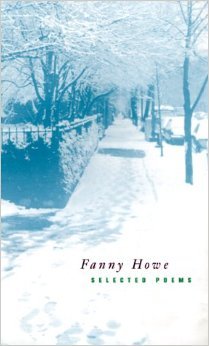
The Fanny Howe book I return to most often. Poem sequences full of mystery, like private prayers.
The Great Enigma: New Collected Poems by Tomas Transtromer (trans. Robin Fulton) (New Directions, 2006).
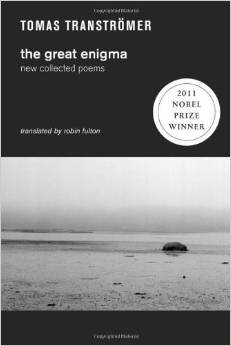
A stillness, a relief of silence surrounds much of his work.
Ariel: the Restored Edition by Sylvia Plath (Harper Perennial, 2005 edition, original 1963).
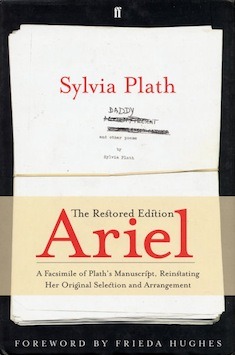
This is the version her daughter put together, restoring Plath’s original order. I read it back to front (a frenzy of bees!) this time around.
Short Talks (Brick Books, 1992) by Anne Carson.
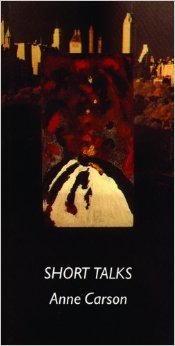
I was excited to find this little book, which was published before she got big, and is excerpted in the more widely available collection Plainwater. I picked this up at a poetry-only bookstore in Boulder, CO called Innisfree.
Black Series by Laurie Sheck (Knopf, 2001)
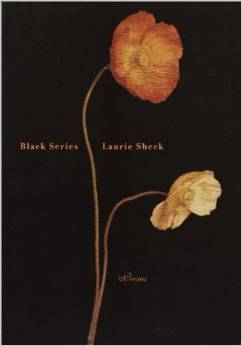
Words that remained: Ash, unfastening, gauzy.
Tres by Roberto Bolaño (New Directions, trans. by Laura Healy 2011, original 1993)
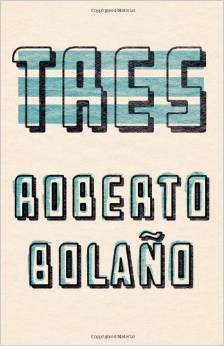
Bilingual edition. Prose poem sequences.
Meat Heart (Publishing Genius Press, 2012) by Melissa Broder
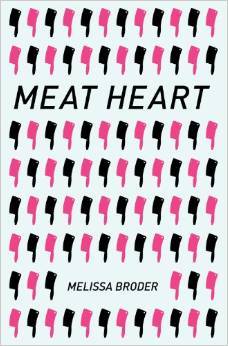
Caustic, searching, dirty.
My Dead (Octopus, 2013) by Amy Lawless
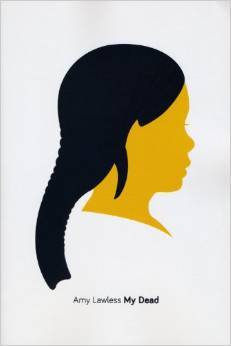
The inside speaking.
Take It (Wave Books, 2009) by Joshua Beckman
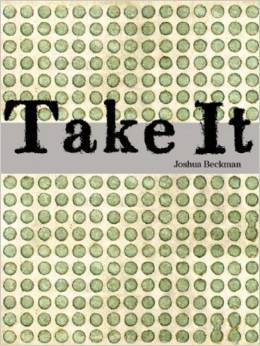
Funny, wandering, untitled.
Motherland Fatherland Homelandsexual (Penguin Books, 2014) by Patricia Lockwood.
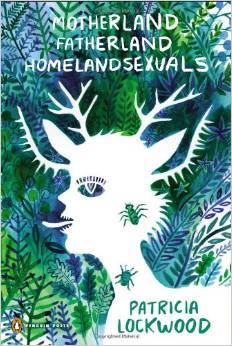
Probably the poetry book that made the biggest splash last year. I picked it up after reading that long New York Times Magazine feature.
Some Trees (1956) by John Ashbery
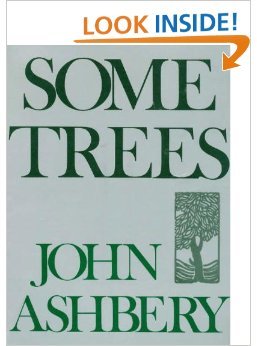
His first book, winner of the Yale Younger Poets Prize.
Poetry journals online that I read: Coconut, BOMB Magazine’s First Proof, Sink Review, and Sixth Finch. I also sought out poems by Mary Ruefle online after reading her book of essays.
* This was originally posted as an addendum to my book list, but I realized poetry should be given its due.
